STEM Full Day Accelerator – Primary
Tailored Modules
It’s all about choice!
The middle session of the day will be focussed on an area you want to give you the outcome you need.
During the afternoon session, we work together on how this can be implemented.
Choose one of the following below…
| STEM Ideation
We’ve all heard the acronym STEM… so what does it really mean to put this into classroom practice? In this module, we look closely at what ideas have been used by other schools and then together we rapidly develop ideas for STEM in your school. This is module is about co-creation of STEM lesson activities that students love and planning for how to realistically implement a lesson sequence that fits in school timetable. |
Formative Assessment
Do your students genuinely understand the scientific principles that you’re teaching? How deep is their understanding exactly? Can you measure this on the fly? How can you be sure that your assessment is targeting the skills necessary for future studies? This module is all about getting into the heart of formative assessment in science education, all whilst keeping the learner’s needs in mind as well as what industry expects outside of school. |
| Scientific Method Deep Dive
Listing off facts & figures doesn’t mean that a student actually ‘gets science’. This module is specifically designed to help you teach students how to work scientifically by investigating the scientific method in detail:
These 4 elements are essential for students to engage in the scientific method and form the basis for scientific literacy in the entire Primary Science & Technology Syllabus. On completing this science workshop you will be well-equipped to teach students to plan and undertake their own first-hand investigations as well as evaluate their results correctly, regardless of what unit of work they are studying! |
Working Mathematically
How does mathematics apply to the real world? The focus of this module is to demonstrate how mathematics works in the real world and how answers need to be evaluated carefully against how the experiment is designed. Mathematical concepts cover algebraic techniques, measurement, integers, fractions, number patterns, angles and geometric figures. Importantly, it’s about how the students collect this data and do they understand how what their answer actually means! |
| Science & Digital Tech
We all love a gadget and we most definitely use apps everyday! This module helps take advantage of our digital native’s curiosity as we explore the variety of helpful resources that can really make a difference when teaching students science in the classroom. We’ll look at how you can enhance learning with your resources already at hand, plus help with planning out what you can do to create Maker Spaces and more! |
… do you need something else?
We’d rather deliver what you need!
|
Supporting the National STEM School Strategy 2016 - 2026
In 2015, all Australian education ministers agreed to the National STEM School Education Strategy 2016–2026, which focuses on foundation skills, developing mathematical, scientific and digital literacy, and promoting problem-solving, critical analysis and creative thinking skills. The strategy aims to coordinate current activities and improve STEM education. Fizzics Education has created this Teacher Professional Learning opportunity to help address the five action areas highlights by the Strategy;
- Increasing student STEM ability, engagement, participation and aspiration.
- Increasing teacher capacity and STEM teaching quality.
- Supporting STEM education opportunities within school systems
- Facilitating effective partnerships with tertiary education providers, business and industry
- Building a strong evidence base
By addressing these five action areas teachers will able to contribute to addressing two overall goals of the strategy;
Goal 1
- Ensure all students finish school with strong foundational knowledge in STEM and related skills
Goal 2
- Ensure that students are inspired to take on more challenging STEM subjects.
ACARA links
Science Inquiry Skills is concerned with the practices used to develop scientific knowledge, including questioning, planning and conducting experiments and investigations, collecting and analysing data, drawing critical, evidence-based conclusions, and evaluating and communicating results.
The Science Inquiry Skills strand comprises of five sub-strands. This TPL day will focus on three of the five sub-strands, these are:
- Questioning and predicting – key abilities include identifying and constructing questions that can be investigated scientifically, proposing hypotheses and suggesting possible outcomes.
- Planning and conducting –key abilities include making decisions about how to investigate or solve a problem and carrying out an investigation, including the collection of data.
- Communicating – key abilities include conveying information or ideas to other through appropriate representations, text types and modes.
AITSL Standards
- 2.1 Demonstrate knowledge and understanding of the concepts, substance and structure of the content and teaching strategies of the teaching area.
- 2.2 Organise content into an effective learning and teaching sequence.
- 3.2 Plan lesson sequences using knowledge of student learning, content and effective teaching strategies.
- 3.3 Include a range of teaching strategies.
Support Reading
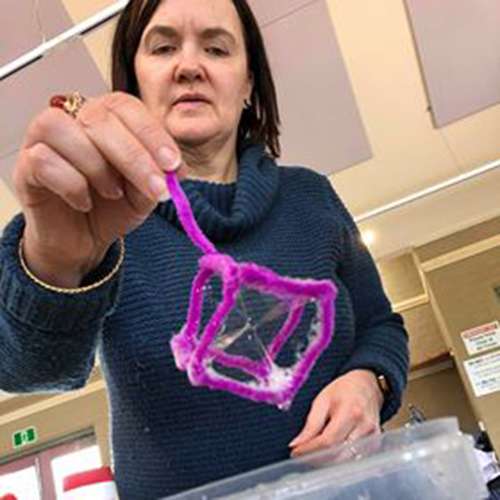
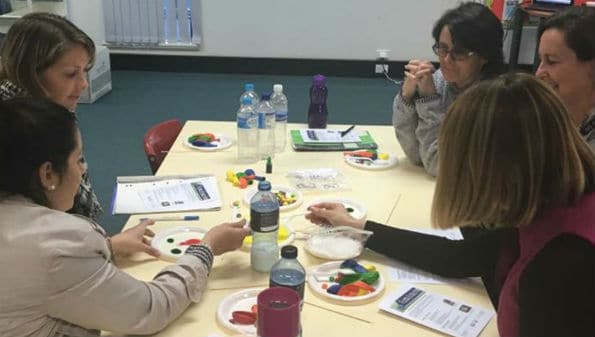
Format
The day is broken up into 3 distinct sections;
Before Morning Tea
Introduction & Principles of Science Literacy
After Morning Tea
Your choice of module, where this could be either
- STEM ideation
- Formative assessment
- Science & digital tech,
- Scientific method deep dive
- Working mathematically
After Lunch
Making it happen!
Rapid development of the curriculum to suit the needs of learners. It’s all about implementing the ideas raised throughout the day.
Teachers are paired up as part of a Professional Learning Network so that following the TPL day;
- Teachers can work with each other to support the implementation of their goals for their school.
- The following school term all teachers are invited to share what they have achieved and find ways to collaborate and extend student learning opportunities.
Tailored Modules
It’s all about choice!
The middle session of the day will be focussed on an area you want to give you outcome you need. During afternoon session we work together on how this can be implemented.
Choose one of the following below…
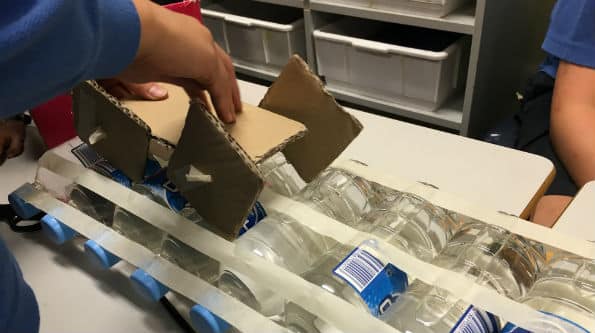
STEM Ideation
We’ve all heard the acronym STEM… so what does it really mean to put this into classroom practice? In this module we look closely at what ideas have been used by other schools and then together we rapidly develop ideas for STEM in your school. This is module is about co-creation of STEM lesson activities that students love and planning for how to realistically implement a lesson sequence that fits in school timetable.
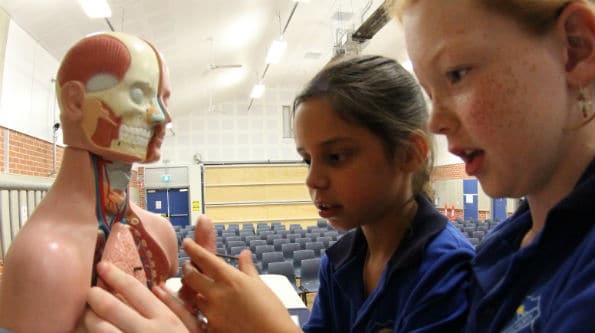
Formative Assessment
Do your students genuinely understand the scientific principles that you’re teaching? How deep is their understanding exactly? Can you measure this on the fly? How can you be sure that your assessment is targeting the skills necessary for future studies? This module is all about getting into the heart of formative assessment in science education, all whilst keeping the learner’s needs in mind as well as what industry expects outside of school.
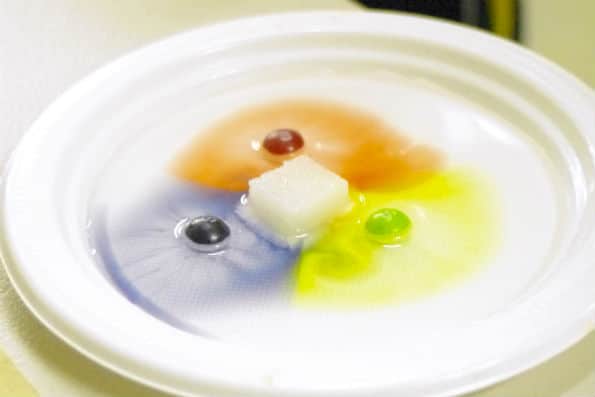
Scientific Method Deep Dive
Listing off facts & figures doesn’t mean that a student actually ‘gets science’. This module is specifically designed to help you teach students how to work scientifically by investigating the scientific method in detail:
- forming a hypothesis
- identifying variables and fair testing
- experimental design and reporting
- critical thinking and problem solving
These 4 elements are essential for students to engage in the scientific method and form the basis for scientific literacy in the entire Primary Science & Technology Syllabus. On completing this science workshop you will be well-equipped to teach students to plan and undertake their own first-hand investigations as well as evaluate their results correctly, regardless of what unit of work they are studying!
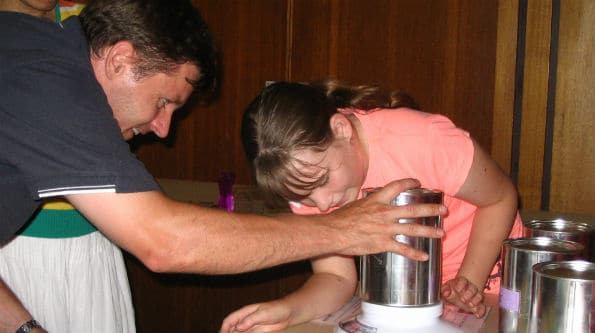
Working Mathematically
How does mathematics apply to the real world? The focus of this module is to demonstrate how mathematics works in the real world and how answers need to be evaluated carefully against how the experiment is designed. Mathematical concepts cover algebraic techniques, measurement, integers, fractions, number patterns, angles and geometric figures. Importantly, it’s about how the students collect this data and do they understand how what their answer actually means!
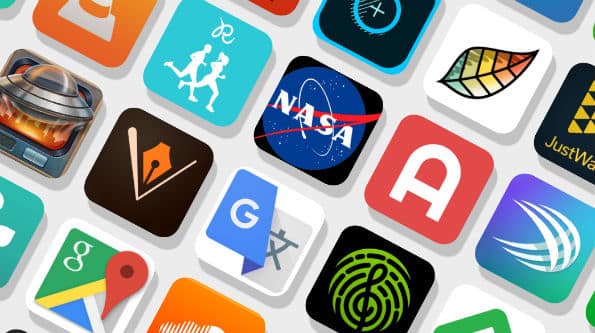
Science & Digital Tech
We all love a gadget and we most definitely use apps everyday! This module helps take advantage of our digital native’s curiosity as we explore the variety of helpful resources that can really make a difference when teaching students science in the classroom. We’ll look at how you can enhance learning with your resources already at hand, plus help with planning out what you can do to create Maker Spaces and more!
Supporting the National STEM School Strategy 2016 - 2026
In 2015, all Australian education ministers agreed to the National STEM School Education Strategy 2016–2026, which focuses on foundation skills, developing mathematical, scientific and digital literacy, and promoting problem-solving, critical analysis and creative thinking skills. The strategy aims to coordinate current activities, and improve STEM education. Fizzics Education has created this Teacher Professional Learning opportunity to help address the five action areas highlights by the Strategy;
- Increasing student STEM ability, engagement, participation and aspiration.
- Increasing teacher capacity and STEM teaching quality.
- Supporting STEM education opportunities within school systems
- Facilitating effective partnerships with tertiary education providers, business and industry
- Building a strong evidence base
By addressing these five action areas teachers will able to contribute to addressing two overall goals of the strategy;
Goal 1
- Ensure all students finish school with strong foundational knowledge in STEM and related skills
Goal 2
- Ensure that students are inspired to take on more challenging STEM subjects.
ACARA links
Science Inquiry Skills is concerned with the practices used to develop scientific knowledge, including questioning, planning and conducting experiments and investigations, collecting and analysing data, drawing critical, evidence-based conclusions, and evaluating and communicating results.
The Science Inquiry Skills strand comprises of five sub-strands. This TPL day will focus on three of the five sub-strands, these are:
- Questioning and predicting – key abilities include identifying and constructing questions that can be investigated scientifically, proposing hypotheses and suggesting possible outcomes.
- Planning and conducting –key abilities include making decisions about how to investigate or solve a problem and carrying out an investigation, including the collection of data.
- Communicating – key abilities include conveying information or ideas to other through appropriate representations, text types and modes.
AITSL Standards
- 2.1 Demonstrate knowledge and understanding of the concepts, substance and structure of the content and teaching strategies of the teaching area.
- 2.2 Organise content into an effective learning and teaching sequence.
- 3.2 Plan lesson sequences using knowledge of student learning, content and effective teaching strategies.
- 3.3 Include a range of teaching strategies.
Support Reading
Requirements
- Appropriate for up to 30 teachers – invite local schools to attend!
- Table and chairs for each teacher.
- We provide all necessary materials
- Access to running water.
- Access to a whiteboard and electrical power.
During Social Distancing – Contact us
and we’ll tailor a program to suit both your school and the State’s social distancing requirements. Further details here
Duration
- Full day workshop
- Ideally this is run between 8:30am and 3:30pm
- Set up time 45 minutes and pack up time 45 minutes.
Cost
- $220 per teacher (discounts available for large numbers).
- Includes a digital copy of “Be Amazing; How to teach science the way primary kids love.”
- Optional catering available
- Find out about our 1 hour short courses here
In a regional area? Find out how we can attend your school as part of a country science tour!
Call 1300 856 828 or click below to make a booking
Print a PDF for mapping of all our K to 6 science visits




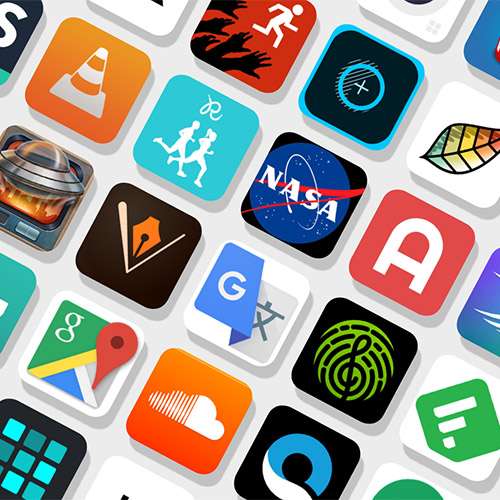
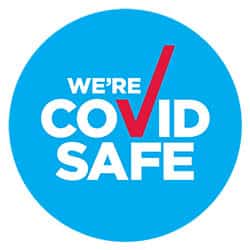
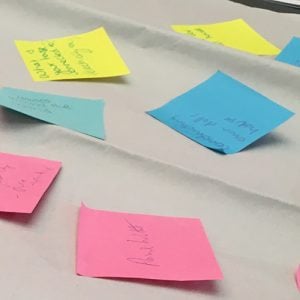
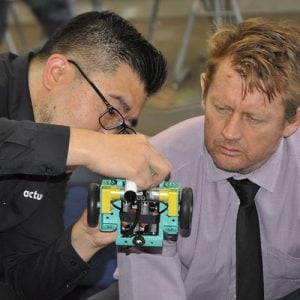
















I just wanted to pass on how much the staff and students really enjoyed it and how perfect it was to launch our science week activities. The students were enthralled, educated and entertained – a perfect trifecta!
-Caulfield Grammar School – Big Science Big FunThanks so much for presenting at our school on Monday. Our students enjoyed the show.
-Greenvale Primary School – Big Science Big FunFizzics Education curated a thoughtful and hands-on experience for the children, incorporating practical, skill-based learning activities and followed by a science presentation at the end of the event involving liquid nitrogen. This was delivered safely and effectively, capturing both the children and the parents for the duration of the presentation.
-Macquarie Bank – Family Fun DayFizzics Education ran a show today at our school and it was wonderful. He was a great facilitator and the show was age appropriate and well done.
-Mount Zion Early learning centre – Little Science Big FunI just wanted to pass on how much the staff and students really enjoyed it and how perfect it was to launch our science week activities. The students were enthralled, educated and entertained – a perfect trifecta!
-Caulfield Grammar School – Big Science Big FunThanks so much for presenting at our school on Monday. Our students enjoyed the show.
-Greenvale Primary School – Big Science Big FunFizzics Education curated a thoughtful and hands-on experience for the children, incorporating practical, skill-based learning activities and followed by a science presentation at the end of the event involving liquid nitrogen. This was delivered safely and effectively, capturing both the children and the parents for the duration of the presentation.
-Macquarie Bank – Family Fun DayFizzics Education ran a show today at our school and it was wonderful. He was a great facilitator and the show was age appropriate and well done.
-Mount Zion Early learning centre – Little Science Big Fun